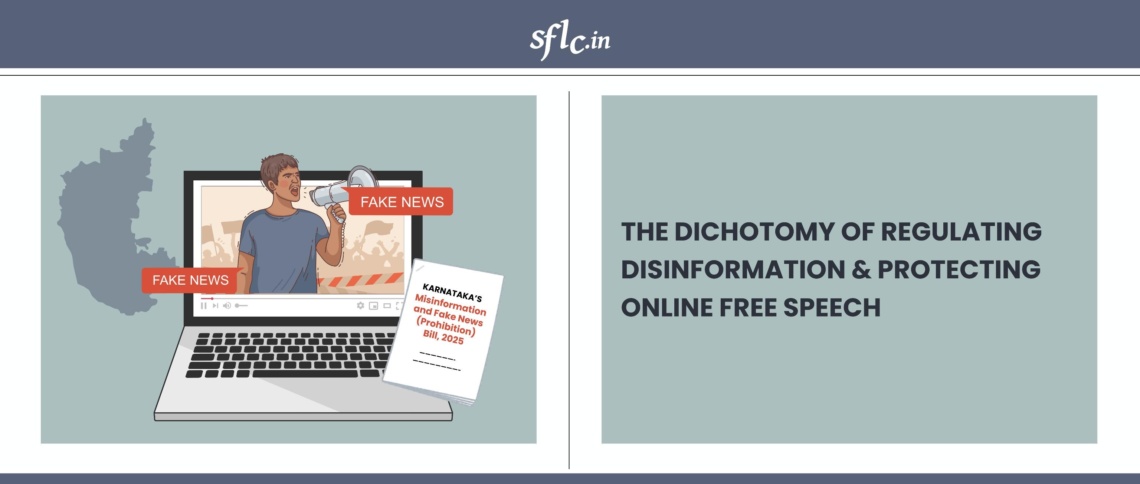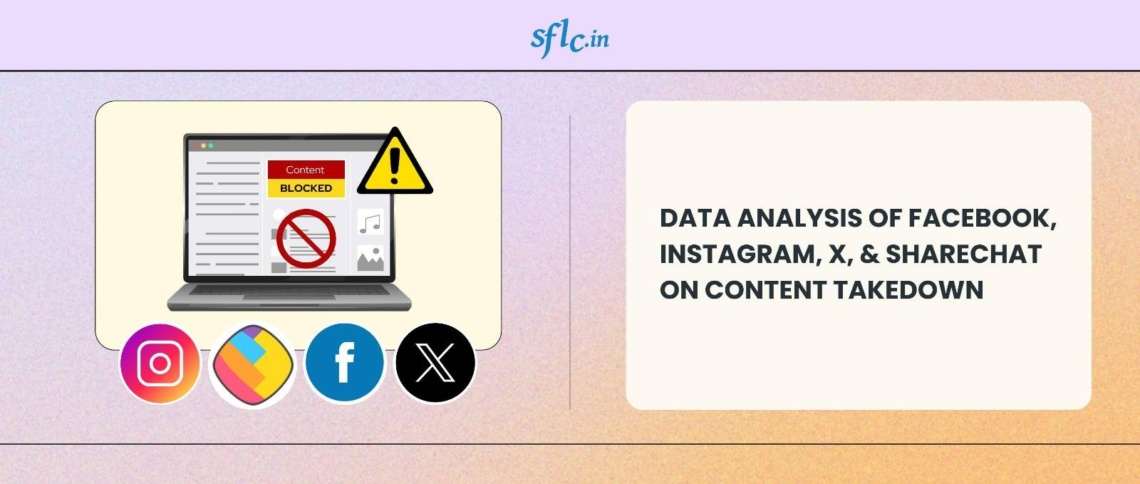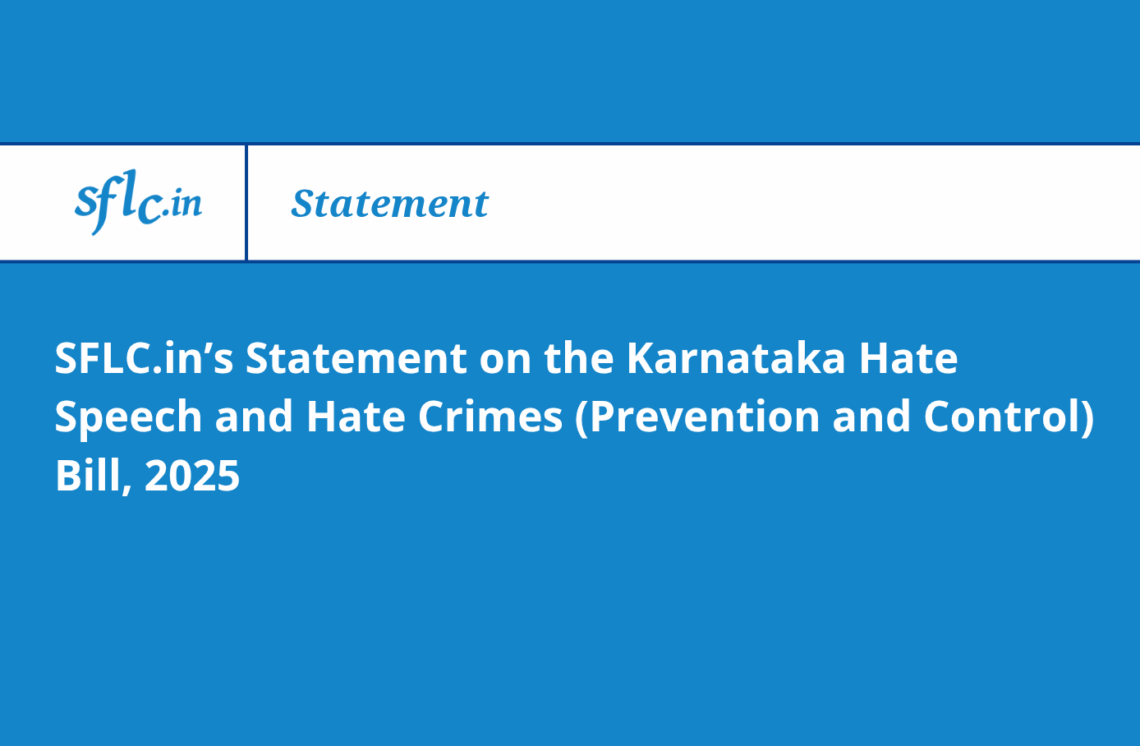The Government of India made the following submission to NETMundial, the Global Multistakeholder Meeting on the Future of Internet Governance. The meeting will be held from April 23-24, 2014.
General:
1. Internet is a shared resource and a global commons available to public. An open, stable and secure Internet, and unhindered access to information and knowledge, is crucial to global connectivity, innovation and economic development.
2. Internet with its immense transformational potential can provide the means for sustainable and inclusive development in a country in areas such as education, healthcare, financial inclusion and service delivery. The medium of Internet provides voice to the voiceless as never before in the history of mankind. This potential can be realized only by providing universal access and affordable devices. The Digital divide must be relegated to the past – instead, the communities must reap the benefits of the digital dividend. Therefore, we recommend to make a transformational shift from the Internet of today to the “Equinet” of tomorrow.
3. The exponential growth of the Internet and its all encompassing impact on our lives necessitates putting in place an effective and international mechanism to develop, make and implement international public policies in the technical, economic and social, and strategic domains of the Cyber space.
Internet Governance and Management System:
4. Governance of the Internet is quite complex and involves range of issues of varied nature such as technical, legal, public policy, equitable access, privacy and security of the infrastructure and information. Given that the core infrastructure of the Internet is not protected by any international legal regime, it is important to shape a globally acceptable legal regime to maintain the openness, security and international trust in the Internet.
5. The management of Internet encompasses both technical and public policy issues and should involve all stakeholders and relevant intergovernmental and international organisations. Policy authority for Internet-related public policy issues is the sovereign right of states.
6. The Internet Governance should be multilateral, transparent, democratic, and representative, with the participation of governments, private sector, civil society, and international organizations, in their respective roles. This should be one of the foundational principles of Internet Governance.
7. The structures that manage and regulate the core internet resources need to be internationalized, and made representative and democratic. The governance of the Internet should also be sensitive to the cultures and national interests of all nations. The mechanism for Governance of the Internet should therefore be transparent and should address all related issues. The Internet must be owned by the global community for mutual benefit and be rendered impervious to possible manipulation or misuse by any particular stake holder whether State or non-State.
8. The upcoming WSIS+10 review in 2015 provides a significant opportunity to build confidence in the international community on Cyber space by rectifying the gaps in the implementation of Tunis Agenda and by establishing mechanisms to devise a roadmap and to implement it for effectively addressing emerging challenges and opportunities by the World Information Society.
9. Recognizing that the Tunis Agenda of 2005 endorsed by the UN General Assembly created Internet Governance Forum (IGF) as a platform for multi- stakeholder policy dialogue, the IGF should continue to enrich such dialogue among relevant stakeholders.
Internet and Security
10. International law, and in particular the Charter of United Nations, is applicable and is essential in maintaining security and stability and promoting an open, secure, peaceful and accessible ICT environment. All governments should have an equal role and responsibility for ensuring stability, security, and continuity of the Internet.
11. The application of norms derived from existing international law relevant to the use of ICTs by States is an essential measure to reduce risks to international peace, security and stability. Common understandings on how such norms shall apply to State behavior and the use of ICTs by State requires further study. Given the unique attributes of ICTs, additional norms could be developed overtime.
12. Voluntary confidence building measures can promote trust and assurance among States and help reduce the risk of conflict by increasing predictability and reducing misperception. States need to consider ways of cooperation in implementing acceptable norms and principles of responsible behaviour, including the role that may be played by private sector and civil society organizations.
13. Given the pace of ICT development and the scope of the threat, States need to enhance common understandings and intensify practical cooperation through regular institutional dialogue with broad participation under auspices of the United Nations, as well as regular dialogue through bilateral, regional and multilateral fora, and other international organizations.
Cyber security and Cyber crime:
14. Governments, business, organization and individual owner and users of information technologies must assume responsibility for and take steps to enhance the security of the information technologies.
15. Law enforcement cooperation in the investigation and prosecution of international cases of criminal misuse of ICTs in cyberspace should be coordinated among all concerned states. States should intensify cooperation against criminal use of ICTs, harmonize legal approaches as appropriate and strengthen practical collaboration between respective law enforcement and prosecutorial agencies.
16. The global nature of cyber crime requires strengthening of existing and consideration of new national and international legal or other responses to cyber crime.
17. A mechanism for accountability should be put in place in respect of crimes committed in cyberspace, such that the Internet is a free and secure space for universal benefaction. A ‘new cyber jurisprudence’ needs to be evolved to deal with cyber crime, without being limited by political boundaries and cyber-justice can be delivered in near real time.
Capacity building
18. Capacity building is of vital importance to an effective cooperative global effort on securing ICTs and their use.
19. All stakeholders need to facilitate the transfer of information technology and capacity-building to developing countries, in order to help them to take measures to improve cyber-security develop technical skill and appropriate legislation, strategies and regulatory frameworks to fulfil their responsibilities; and bridge the divide in the security of ICTs and their use.
20. International cooperation should be extended for capacity building in areas relevant to the Internet Governance. This includes, in particular, building centres of expertise and other institutions to facilitate knowhow transfer and exchange best practices, in order to enhance the participation of developing countries in Internet governance mechanisms.
Social and Cultural aspects:
21. The same rights that people have offline must also be protected online, in particular freedom of expression which is applicable regardless of frontiers and through any media of one’s choice in accordance with article 19 of the Universal Declaration of Human Rights and the International Covenant on Civil and Political Rights.
22. All stakeholders commit to work earnestly towards multi lingualization of the Internet. In this context, States also support advances in the process of multi- lingualism in areas including Domain Names, E-mail Addresses and key work look- up.
23. All Stakeholders commit to encourage the development of locally relevant information, applications and services that will benefit developing countries and countries with economies in transition.



